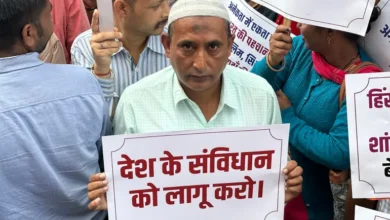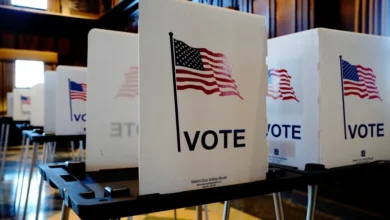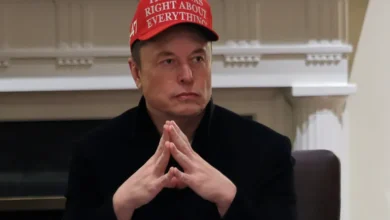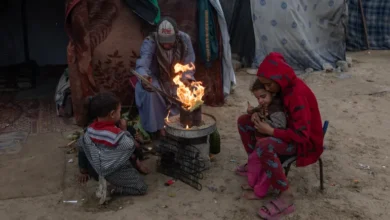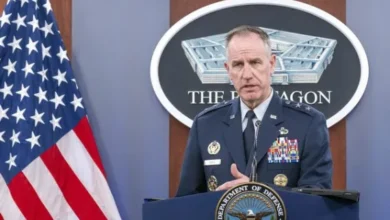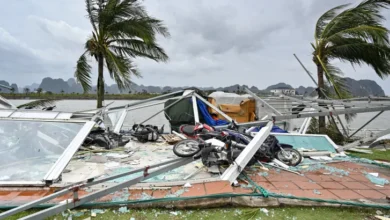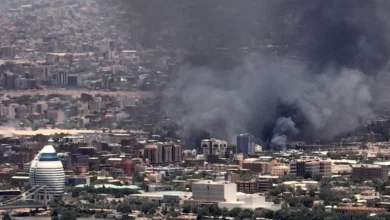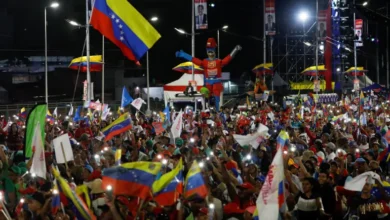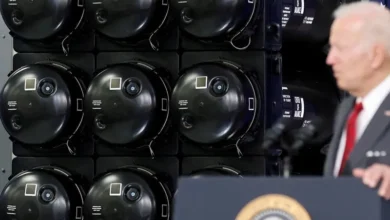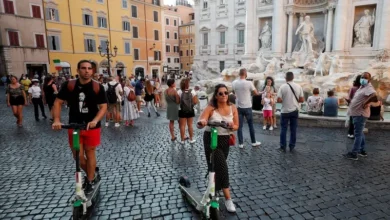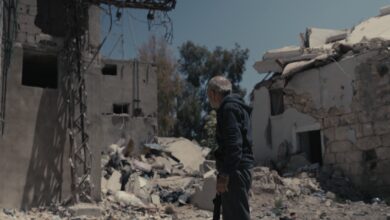Zelenskyy goes on diplomatic blitz to tighten screws on Russia
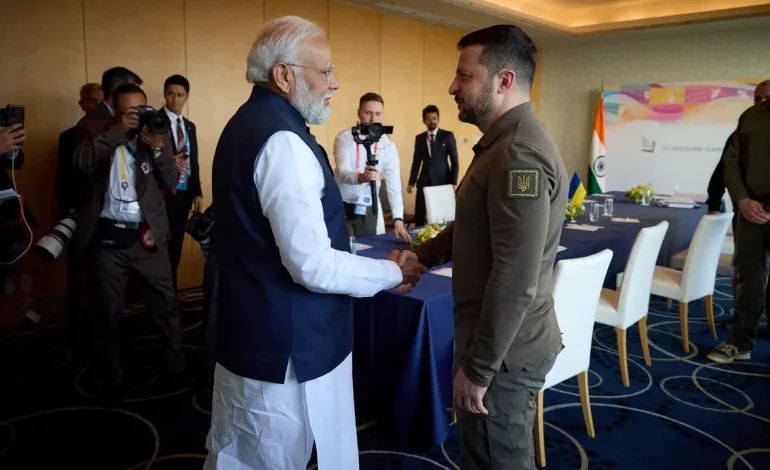
Ukrainian President Volodymyr Zelenskyy has embarked on a flurry of diplomacy with international leaders in Japan, turning the focus of the Group of Seven summit firmly towards efforts to end Russia’s 15-month war in Ukraine.
Zelenskyy’s surprise visit to Hiroshima on Saturday evening, following earlier reports that he would only attend online, immediately thrust the G7‘s efforts to choke Russia’s economy to the top of a busy agenda that has touched on issues ranging from China’s rise to the rapid advancement of artificial intelligence.Shortly after touching down in Japan in a French aircraft, fresh on the heels of whistlestop visits to Europe and Saudi Arabia, Zelenskyy said the summit would be an opportunity for “enhanced cooperation for our victory”.
“Peace will become closer today,” he said on his official Twitter account.
French President Emmanuel Macron late on Saturday hailed Zelenskyy’s attendance at the summit as a potential “game changer”.
Within hours of his arrival in Hiroshima, Zelenskyy, who is seeking tougher sanctions against Russia and further aid and weapons for Ukraine, held bilateral talks with Indian Prime Minister Narendra Modi, United Kingdom Prime Minister Rishi Sunak, German Chancellor Olaf Scholz, Italy’s Giorgia Meloni and Macron.
The Ukrainian leader’s talks with Modi held particular significance as the Indian leader is among a number of non-G7 leaders attending the summit that have been hesitant to join the pressure campaign against Moscow.
Modi has not directly condemned Russia’s invasion and his country has ramped up imports of Russian oil, coal and gas since the outbreak of the war in February 2022, helping blunt the impact of sanctions on Russia’s economy, which contracted by a less-than-expected 2.1 percent last year.While the meeting between Zelenskyy and Modi did not seem to produce an immediate shift in New Delhi’s stance, the talks appeared to be cordial and productive.
Zelenskyy thanked Modi for “supporting our country’s territorial integrity and sovereignty”, while his Indian counterpart pledged to do “whatever we can” to resolve the crisis in Ukraine.Upadhyay said that while bringing all stakeholders to the negotiating table should be everybody’s responsibility, it did not follow that Russia “has been shunned or is likely to be shunned”.
“The reasons for the war are much more complex than what the West is willing to acknowledge,” she said.
Japanese Prime Minister Fumio Kishida, the host of the G7 this year, has expanded the gathering’s guest list as he seeks the support of developing and middle-power countries to tackle global challenges, including the conflict in Ukraine.
Kishida has adopted by far the region’s strongest stance against Russia, casting the conflict as a violation of the international rules-based order that upholds the peace and security of all countries, including his own.
The Japanese leader, who is leading Tokyo to undertake its biggest military buildup since World World II, has repeatedly linked the plight of Ukraine to the fate of Taiwan, which China claims the right to “reunify” with the Chinese mainland, including by force if necessary.
